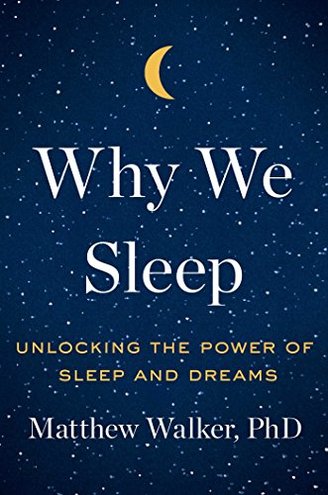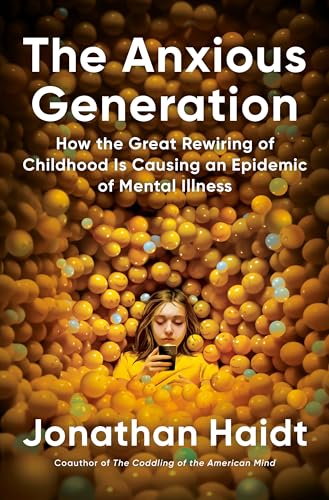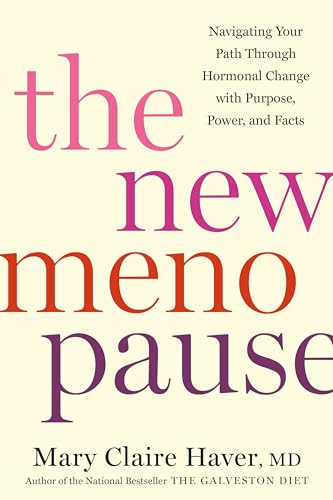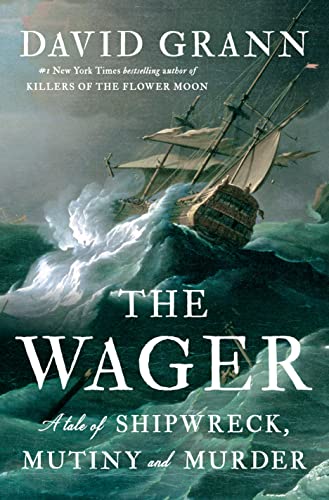Review of WHY WE SLEEP
by Johny McFliggen, PhD Literature & Business, Oxford
In the theater of human biology, where the heart plays the timpani and the brain conducts with a flourish, Matthew Walker's "Why We Sleep" positions sleep as the unsung hero, a silent maestro orchestrating our physical and mental symphony. Walker, a seasoned neuroscientist with an impressive resume fit for a Nobel gala, unfurls the crimson curtains on sleep's critical role in our existence. His narrative is akin to a well-crafted drama, spanning the intricate choreography of REM and non-REM stages to the stark societal implications of sleep deprivation.
If Arianna Huffington's "The Sleep Revolution" is a charming TED talk with its cultural narratives and personal anecdotes, then Walker's opus is the doctoral dissertation that makes you reconsider your life's priorities. Unlike Shawn Stevenson’s "Sleep Smarter," which flirts with practical sleep hacks like a self-help guru at a wellness retreat, Walker provides a robust scientific exploration, reminiscent of Oliver Sacks' neurological adventures but without the whimsical detours.
Walker divides his narrative into acts, each exploring a dimension of sleep's indispensable role. In Part 1, he lays out the foundational science in a manner that even the most lay reader can digest, much like David Attenborough explaining the mating habits of penguins—engaging and enlightening. Here, sleep is not just a passive state; it is an active participant in our physiological ecosystem.
As we meander through Part 2, Walker continues to unravel sleep’s influence on everything from memory retention to emotional stability. It's as if he’s holding a mirror to our bleary-eyed society, echoing the dire warnings of dystopian narratives like "Black Mirror," but with statistical rigor that would make even the most cynical skeptic pause.
The exploration of dreams in Part 3 ventures into territory that feels akin to a Christopher Nolan film—complex yet deeply intriguing. Walker deciphers dreams with the precision of a scientist and the curiosity of an artist, suggesting they are not mere nightly spectacles but integral to our emotional and cognitive processing.
Finally, Part 4 doesn’t just advocate for personal change but demands a societal reawakening. Walker critiques our modern lifestyles with the fervor of an impassioned activist, calling for policy shifts reminiscent of public health campaigns against smoking or for seatbelts.
Despite its accolades and best-seller status, "Why We Sleep" has not escaped critique. Some detractors accuse Walker of alarmism, exaggerating the perils of sleep deprivation. Yet, in an age where we glorify busyness like an Oscar-winning performance, perhaps such alarmism serves as a necessary wake-up call.
In the grand library of health literature, "Why We Sleep" stands as a crucial tome. It’s not just a book; it’s a manifesto urging us to reclaim our nights from the clutches of modern distractions. Walker deftly balances scientific depth with accessible prose, making it essential reading for anyone who has ever wondered if counting sheep was worth the effort. As Bill Gates quipped, it’s likely the best book on sleep you’ll ever read—so perhaps it's time to turn off Netflix and heed Walker’s call to arms (or rather, to bed).
Purchase Link: WHY WE SLEEP on Amazon



